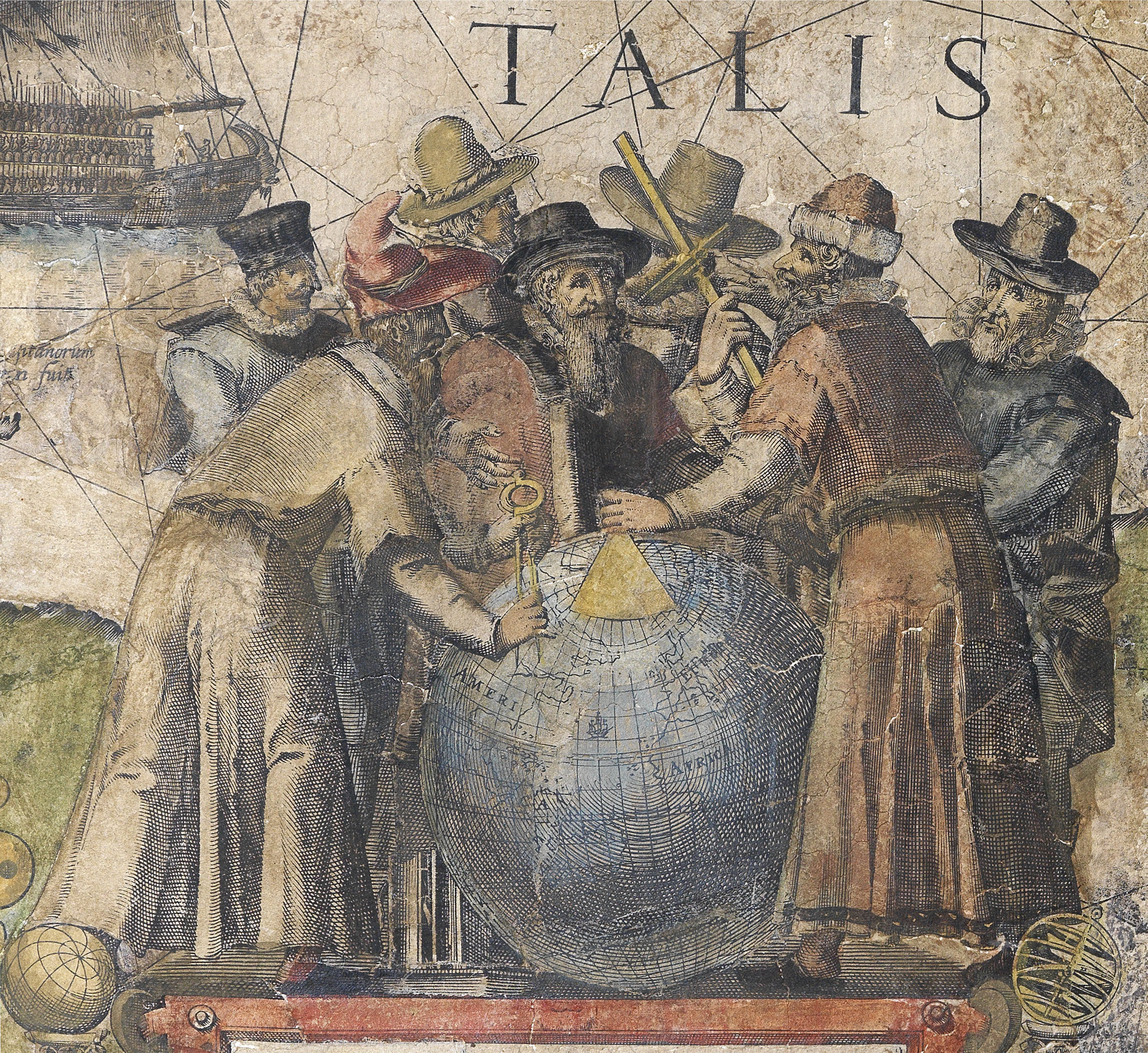James Sir Stirling
(1791 - 1865)

Captain, Sir James Stirling, is best remembered as the first governor of the Swan River Colony, now Perth in Western Australia. However, his time there represents a relatively brief period in what was a long and distinguished naval career. His early years saw action in the Gulf of Mexico, the West Indies, Hudson Bay, and the North Sea during the War of 1812. With the defeat of Bonaparte at Waterloo in 1815 he was forced into a lubberly life on land for about ten years. Eventually, an increase in French interest in colonizing the Pacific won Stirling command, in April of 1826, of the new HMS Successwith instructions to take a supply of currency to Sydney. Once at Sydney, Stirling was soon persuaded by the Governor, Sir Ralph Darling, to sail west instead and examine the coast with the idea of establishing a defensive garrison or other settlement there that might thwart the French intentions and open trade with the East Indies.
Stirling “sailed in 1827 and during a fortnight’s visit was much impressed with the land in the vicinity of the Swan River. So also, was the New South Wales government botanist, Charles Frazer, whose report added weight to Stirling’s political and commercial arguments in favour of its immediate acquisition and Stirling’s appointment to establish a new colony there… under the direct control of the British government, and superintended initially by Stirling: a bill would soon be brought before parliament to provide for its government; private capitalists and syndicates would be allotted land in the proposed settlement according to the amount of capital and the money they spent on fares and equipment; priority of choice would be given only to those who arrived before the end of 1830, and no syndicate or company would be the exclusive patron and proprietor of the settlement” (Crowley for ADB online).
In spite of the fact that none of the country had yet been explored nor surveyed, and the coastal waters were virtually uncharted, early in May of 1829, Captain Fremantle of the Challenger took possession, at the mouth of the Swan River, of the whole of Australia which was not then included within the boundaries of New South Wales. Stirling, who arrived later with his family and civil officials in the store-ship Parmelia, proclaimed the foundation of the colony on 18 June. He administered and explored the young colony, on and off, until December 1838.
He left for England in 1839, having put paid to French interests, but the consensus is that he achieved very little else.
From late 1840 until early 1850 Stirling served in the Mediterranean. In 1851 he was promoted to Rear Admiral, then Vice-Admiral in 1857 and, as Admiral in 1862, commander-in-chief of British naval forces in China and the East Indies.
 地图
地图  地图集
地图集  珍本
珍本  版画
版画  天文仪器
天文仪器 






